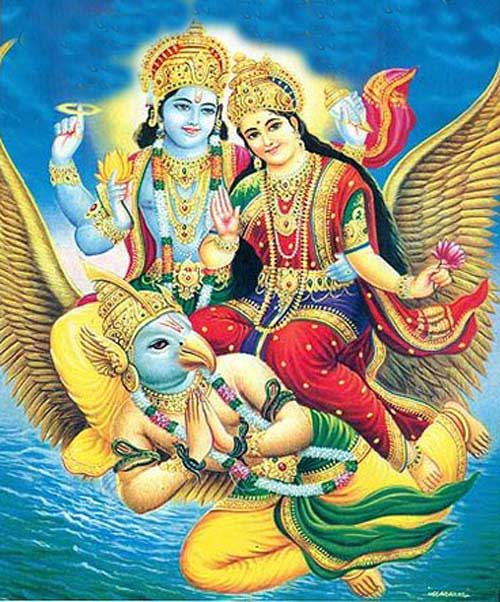Jivitputrika Vrat Katha, or Jitiya Fasting story, is listened to by all mothers observing Jivitputrika fast. The fasting is observed women in Bihar, Jharkhand, parts of Uttar Pradesh and Madhya Pradesh for the welfare of their children.
When Kali Yuga began, mothers were worried about the fate of their children. Kali Yuga, the last Yuga or Age as per Hinduism, is the age of vice and all bad things is believed to take place before the total annihilation of creation. So mothers wanted to know what they can do to protect their children from evil and death.
To find a solution on how to save their children from the effects of Kali Yuga mothers approached the learned and wise Sage Gautama.
The pious saint agreed to find a solution and narrated a story that happened during the Mahabharata period.
Pandavas were very unhappy after the end of the 18-day Mahabharat war as all their sons were killed. Draupadi, the mother of the children, approached a learned Brahmin named Dhaumya for a solution to alleviate their unhappiness.
The wise Dhaumya mentioned about an incident that took place in the Satya Yuga.
There lived a famous king in Satya Yuga named Jimutavahana. The King was famous for his honesty and good rule. He also was ready to go to any extent to protect his citizens.
Once while the King was at the home of his wife’s parents he heard the cry of an old woman. Jimutavahana soon approached the old woman and found out that she was crying as her son was killed and eaten by Garuda, the Vahana of Lord Vishnu.
Jimutavahana promised the old woman that he will get back her son.
(Please note that in some versions of the story - The old woman was a Snake and had lost her son who was a Snake (Nag). Garuda had killed and eaten the Nag.)
Soon Jimutavahana approached Garuda on a mountain. The king saw skeletons of human beings lying in a big pit. The bones were of all the people that Garuda had killed and eaten.
Garuda soon noticed Jimutavahana and wanted to know why he was there? The King demanded that he return the son of the old woman and instead he can eat him.
Garuda agreed and began to eat Jimutavahana. But soon Garuda stopped and wanted to know why he was sacrificing himself for an ordinary person.
Jimutavahana replied that no child is ordinary for a mother. I am sacrificing myself so that an old mother will get back her only child. No mother can bear the loss of her child and there is no greater unhappiness than losing a child.
Garuda soon realized that the man before him was no ordinary person and wanted to know his identity. Jimutavahana introduced himself and said not to look his status. Asked Garuda to kill and eat him so that the old woman will get back her son.
Soon Garuda stopped eating Jimutavahana and was pleased by generosity and empathy displayed by the King and offered him a boon.
As boon - the king asked for the life of all the people that Garuda had killed and had eaten.
Garuda agreed to bring all those he had killed and eaten back to life. He brought Amrit (elixir) and sprinkled on the skeletons in the pit and all the people came back to life.
Garuda also mentioned that mothers who perform fasting and perform rituals with Kusha grass on the Ashtami day during the Krishna Paksha of Ashwin month will never lose their children.
(In some versions this boon is given to King Jimutavahana by Lord Shiva and Goddess Parvati, who were pleased by the dedication and selflessness of the King and his willingness to help a Mother get back her child.)
Draupadi was happy to learn about the Vrat and she performed it.
Mothers who heard about the story of Jivitputrika Vrat from Sage Gautama performed it in Kali Yuga to save their children from all the dangers. Mothers still continue to perform it for the welfare of their children.
